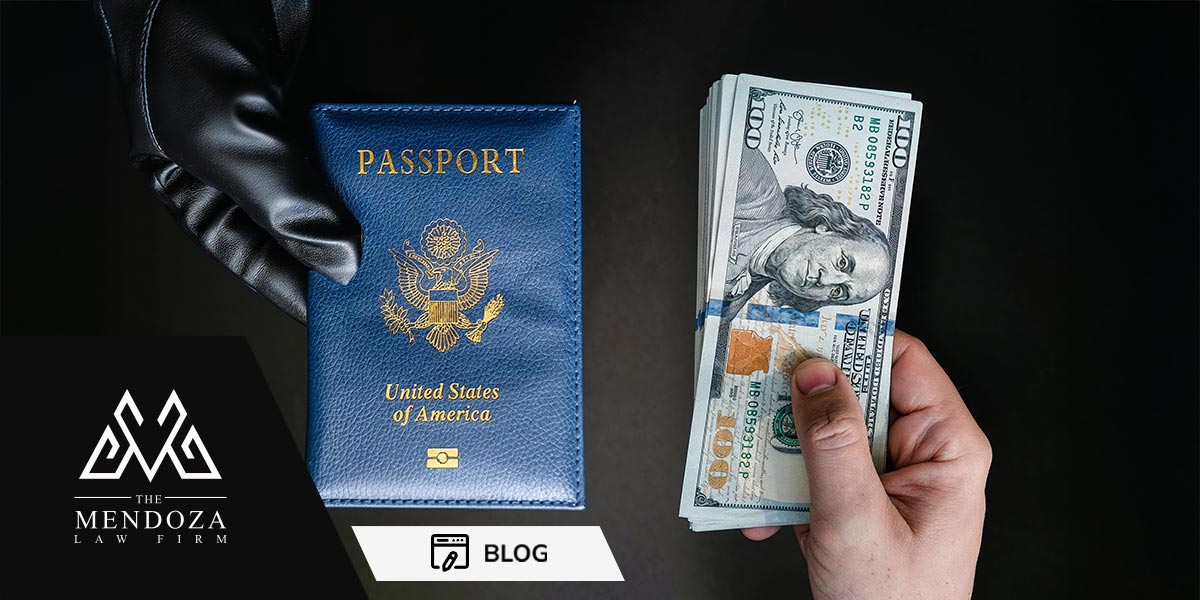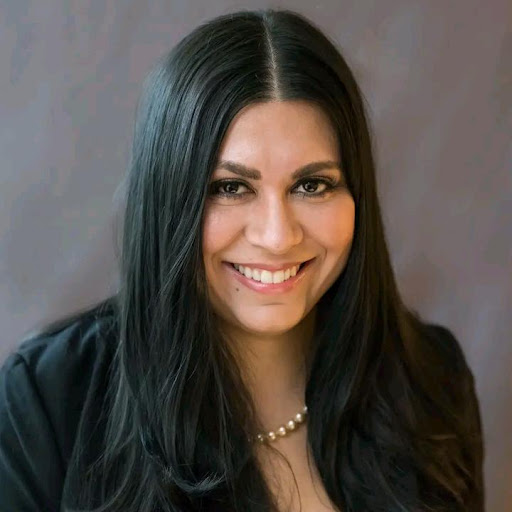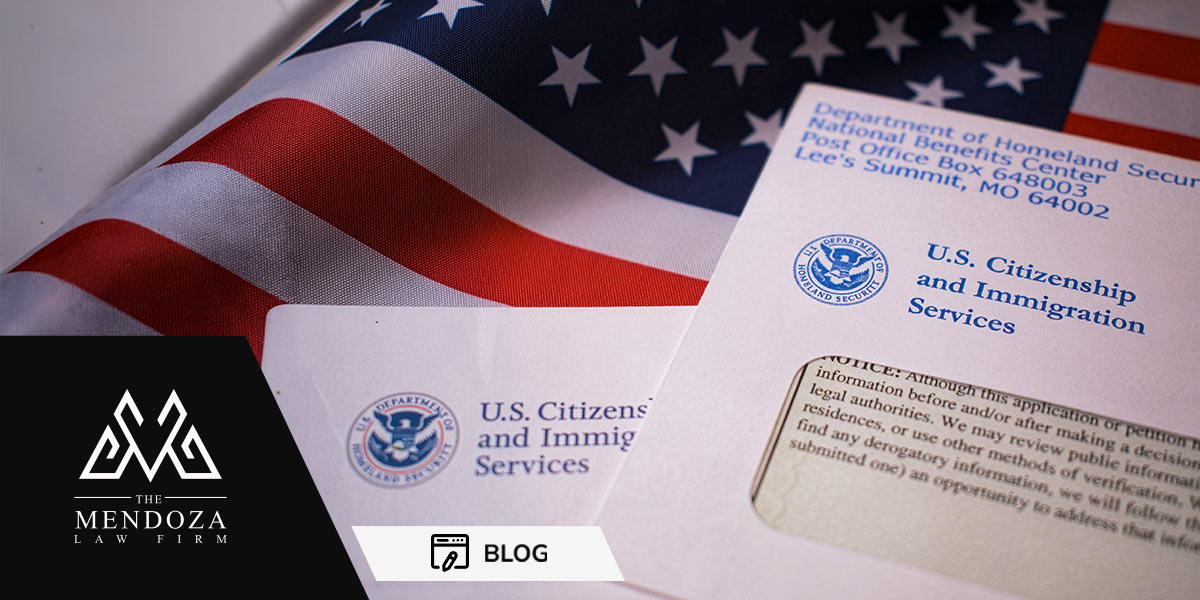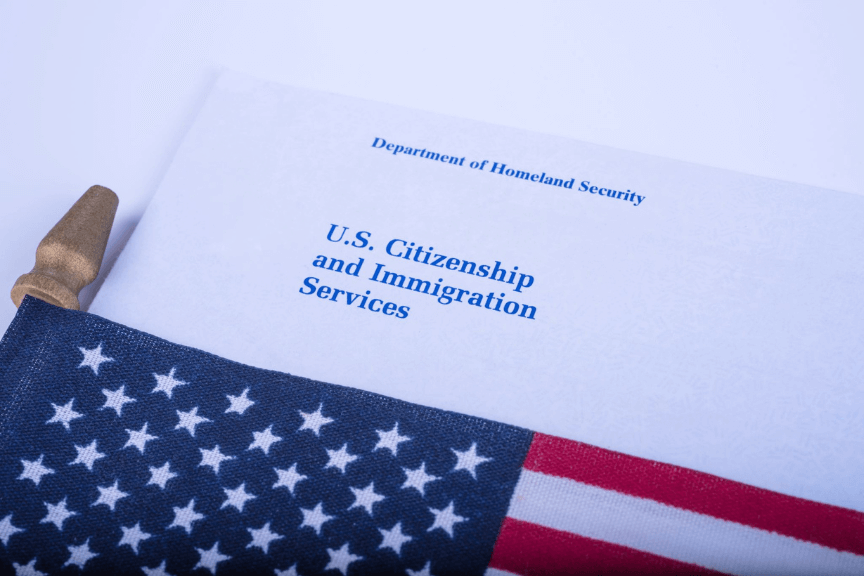Blog
Related Articles

Immigration
Immigration Fraud in the VAWA Visa: What You Need to Know Before Risking Your Future
Hello, mi gente! I’m attorney María Mendoza, immigration lawyer in the United St...
 María Mendoza
María Mendoza
Published: October 2, 2025

Immigration
Questions and answers with immigration attorney, María Mendoza.
How long does it take to get permanent residency after VAWA approval? The time to obtain perma...
 María Mendoza
María Mendoza
Published: October 16, 2024

Immigration
What Are RFE, Why Is USCIS Requesting Them, and How Can You Prevent Delays in Your Immigration Case?
Requests for Evidence, commonly known as RFE, have always been a normal part of the immigration proc...
 María Mendoza
María Mendoza
Published: November 27, 2025

Immigration
Immigrants Detained and Denied Bail: A New Reality Under the Trump Administration
It broke my heart to share this news with my community. A few days ago, during one of my live stream...
 María Mendoza
María Mendoza
Published: November 3, 2025

Immigration
USCIS Issues Memorandum on Notice to Appear (NTA)
My people, this is attorney María Mendoza writing to you. My commitment is to help you unders...
 María Mendoza
María Mendoza
Published: March 7, 2025